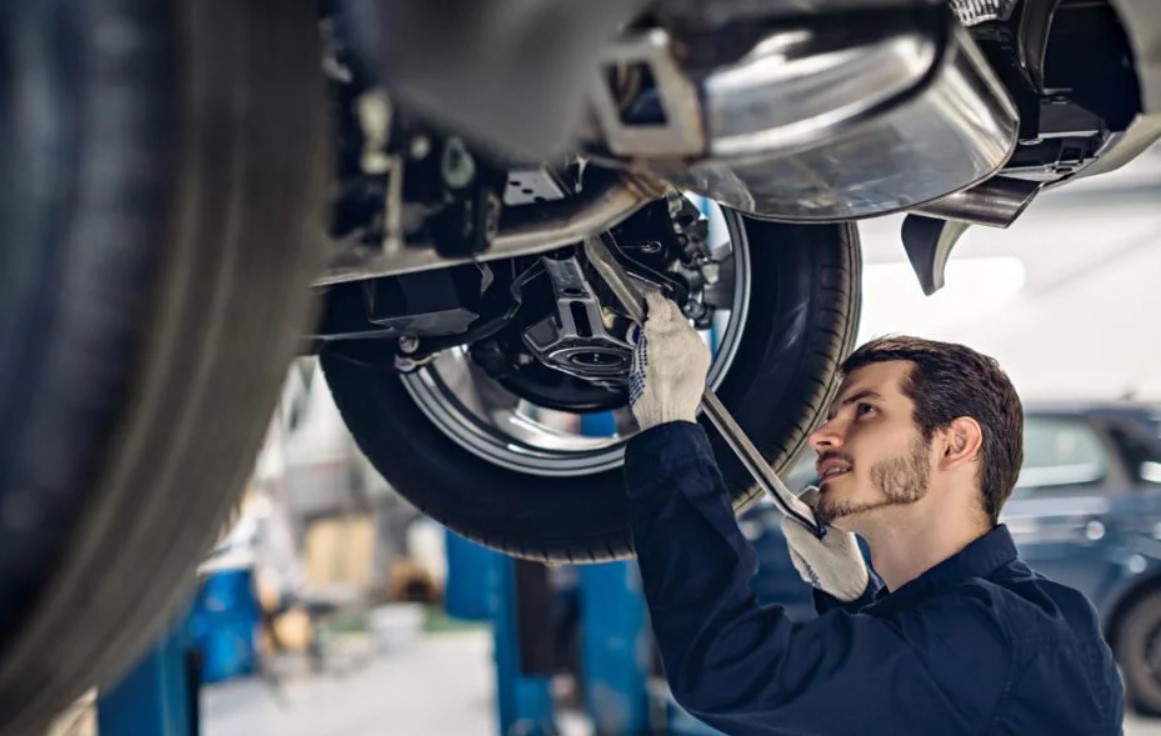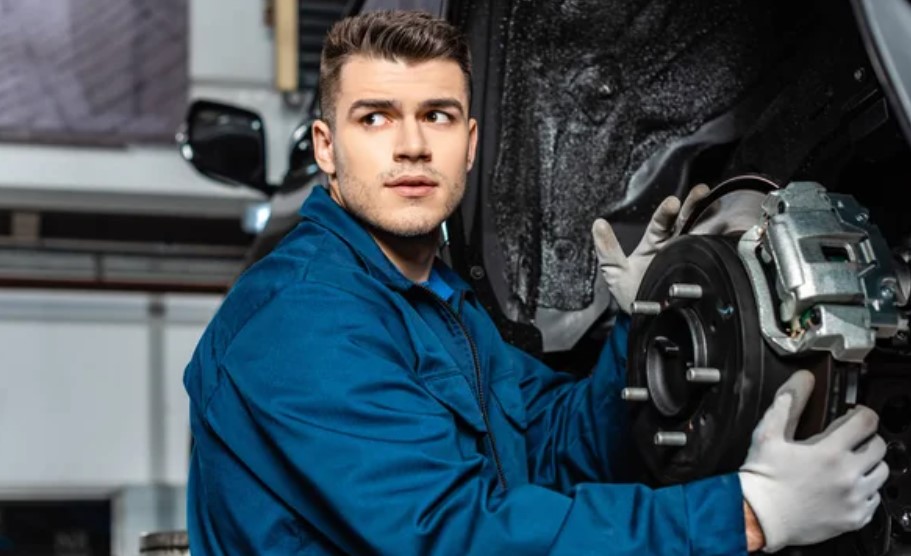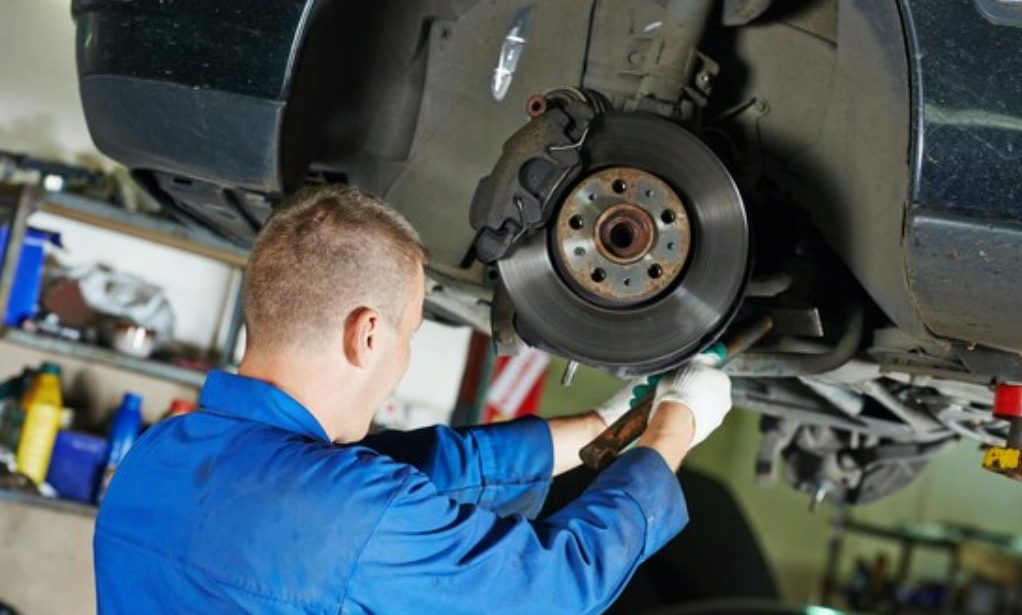Do Brakes Come with A Warranty?

Outside of the warranties provided by the manufacturer, it seems that every vehicle dealership offers some kind of guarantee on brakes, but does this mean they have a warranty? In addition to investigating whether or not brakes come with a guarantee, I looked into the specifics of those warranties that we often hear about from vehicle dealerships and brake businesses, specifically what is and is not covered by them.
Does the purchase of brakes include a warranty? There are warranties available that will cover brakes or components of brakes; however, these guarantees often come with stringent limits on what is and is not covered. The following are common forms of warranties:
- Brake pads and shoes may only come with limited warranties.
- Warranties provided by the manufacturer,
- When buying a car, several dealerships provide limited or lifetime warranties.
- Additional warranties that cover various additional components of the braking system.
When it comes to any of the warranties that were just described, it is essential that you have a thorough understanding of what is and is not covered, as well as the benefits that come with having the warranty in place, if one of the parts of your vehicle fails.
Acquiring an Understanding of Warranties and the Things That They Cover
When purchasing a warranty, it is essential to carefully examine the conditions and determine what it covers. The vast majority of warranties offered by manufacturers are referred to as “bumper-to-bumper” warranties. These guarantees will often contain a time or mileage cap on how long they are valid, as well as clear exclusions about what they will not cover. This period typically lasts three to five years, although it may vary significantly depending on the manufacturer. The distance it can travel also varies greatly depending on the brand.
In addition to the period during which the warranty is valid and its total duration, there is also the matter of what it does and does not cover. The vast majority of manufacturer warranties are created to guarantee the quality of the company’s work. Things that the company considers to be “normal wear and tear” will not always be covered by the guarantee, even if it is still in effect.
Unfortunately, this exclusion often covers the brake pads and the brake shoes. The only exception to this rule would be components of the braking system that failed due to a manufacturing flaw, and it could be shown beyond a reasonable doubt that the problem was not caused by normal wear and tear. For instance, an issue with the brake line or the rotors might be argued as a fault caused by the manufacturer rather than just being the result of normal wear and tear if the problem is discovered as such.
Extended warranties are often made available for purchase by dealerships and independent firms. These warranties may be bought to assist in giving extra coverage. This extra coverage might assist in balancing the amount of time indicated on the base warranty, and it could often extend coverage to components such as your brakes. It is important to remember that the warranty could just cover the part itself, and you might still be responsible for paying for the labor and other expenses incurred by the repair shop while they worked on your car.
Why Does the Manufacturer’s Warranty Not Provide Better Coverage for Brakes?
When you are thinking about purchasing a warranty that may cover the brake systems on your car, one of the keys to knowing where they are or isn’t covered in most manufacturer warranties may come down to understanding why it is that they aren’t included most of the time. This is because most warranties exclude coverage for braking systems.
The nature of brakes is such that the brake pads will wear out over time due to slowing down a vehicle, which is why brakes are often not covered by warranties. The primary reason is that the mechanics of slowing down a car are why brakes are typically not covered under warranties. Kinetic energy is produced by the moving vehicle as it gathers up speed under your direction as the vehicle’s driver. To bring the vehicle to a stop, you need to provide friction to the wheels, which will transmit that energy to the brakes and cause it to be released as heat.
To bring each wheel to a halt, it is necessary to apply pressure from the brake pad to a metal disk known as the brake rotor. This disk is located inside each wheel. In contrast to the previous form of brake pads made out of other more dangerous materials, some modern brake pads are produced with resin or glass that is resistant to the high heat and pressure that they will be experiencing. This newer version of brake pads has replaced the older ones.
Depending on the length of time, a failing brake rotor would be deemed more of a flaw in the manufacturing process. However, even rotors will ultimately experience a certain level of wear and tear that would need replacing them.
How Frequently Should Brakes Be Serviced?
When looking at choices for warranties that cover brakes, it is vital to keep in mind that in addition to knowing how the brakes wear down, one must also have a grasp of how often it is advised that the brake pads and shoes be serviced.
People who live in high-traffic areas with a lot of stop-and-go traffic or harsh braking situations where high speeds need to be stopped quickly may also create more stress on your brakes, increasing the frequency with which brake repair is required.
A decent baseline for ensuring that you are spotting any potential problems with your brakes and/or brake pads is to make sure that you have your brakes tested at least once every six months. If you live in an area with a lot of foot activity, the time between inspections may need to be cut down.

There are a few warning indicators that indicate it’s time to have your brakes looked up sooner:
- If applying pressure to your brakes causes them to feel like they are taking longer to react or need more pressure, it may be time to replace them.
- As you use the brakes, it seems your car is dragging to the left or right, especially as you are stopping.
- If it seems as if your car is shaking while you are traveling downhill or braking at high speeds, you may have a vibration problem.
- When you use the brakes, there should not be any loud grinding or crunching noises.
If any of those mentioned above occur, it is essential to have your brake pads and, more importantly, your rotors inspected as soon as possible for safety reasons. This is true regardless of whether the repair is covered under your warranty.
Lifetime Warranty on Specification of Brake Pads
Certain repair shops and auto parts stores will give a lifetime guarantee on their brake pads. However, these warranties often come with a few restrictions on what they will and will not cover, as well as where you can have the repairs done.
Most of the time, the scope of a lifetime guarantee is limited to the specific warranted component, such as the brake pad itself. Because of this guarantee, you will save some money on the cost of the brake pad itself; nevertheless, you will be responsible for paying the full cost of labor, as well as the cost of any other parts or components that are harmed by the brake pad’s failure. In the long run, this warranty may be less useful to you as a customer.
When it comes to warranties of this kind, it is common practice for you to get a reimbursement after sending back the brake pads that have been worn out. If you can change your brake pads on your own, purchasing them from an automobile parts retailer that offers a lifetime guarantee might result in considerable savings throughout the vehicle’s lifespan; nevertheless, these brake pads sometimes come with their issues. Brake pads covered in some warranties often wear out faster throughout the warranty.
Limited Warranty That Is Only Valid at Our Repair Shop
After you have made a previous purchase of brakes from a certain auto repair shop, you may be eligible for a limited warranty covering the work performed by that shop on your brakes. If you choose a repair company that gives a limited guarantee on their work, you may be able to get a warranty on the work that is comparable to two years and twenty-four thousand miles. Which, at the very least, ensures your employment for that particular job.
If anything goes wrong with your brakes within the allotted amount of time or miles, a smaller repair shop may cover not just the components but also the labor that goes into the repair as part of their limited warranty. This is one of the advantages of using a smaller repair shop’s limited warranty instead of a larger one.
People who are unable to replace their brake pads but believe they would need to offset the expense of regular service to their brakes may find that a guarantee offered by a smaller automobile repair shop for the work they do on customers’ brakes is a fantastic alternative for them.
